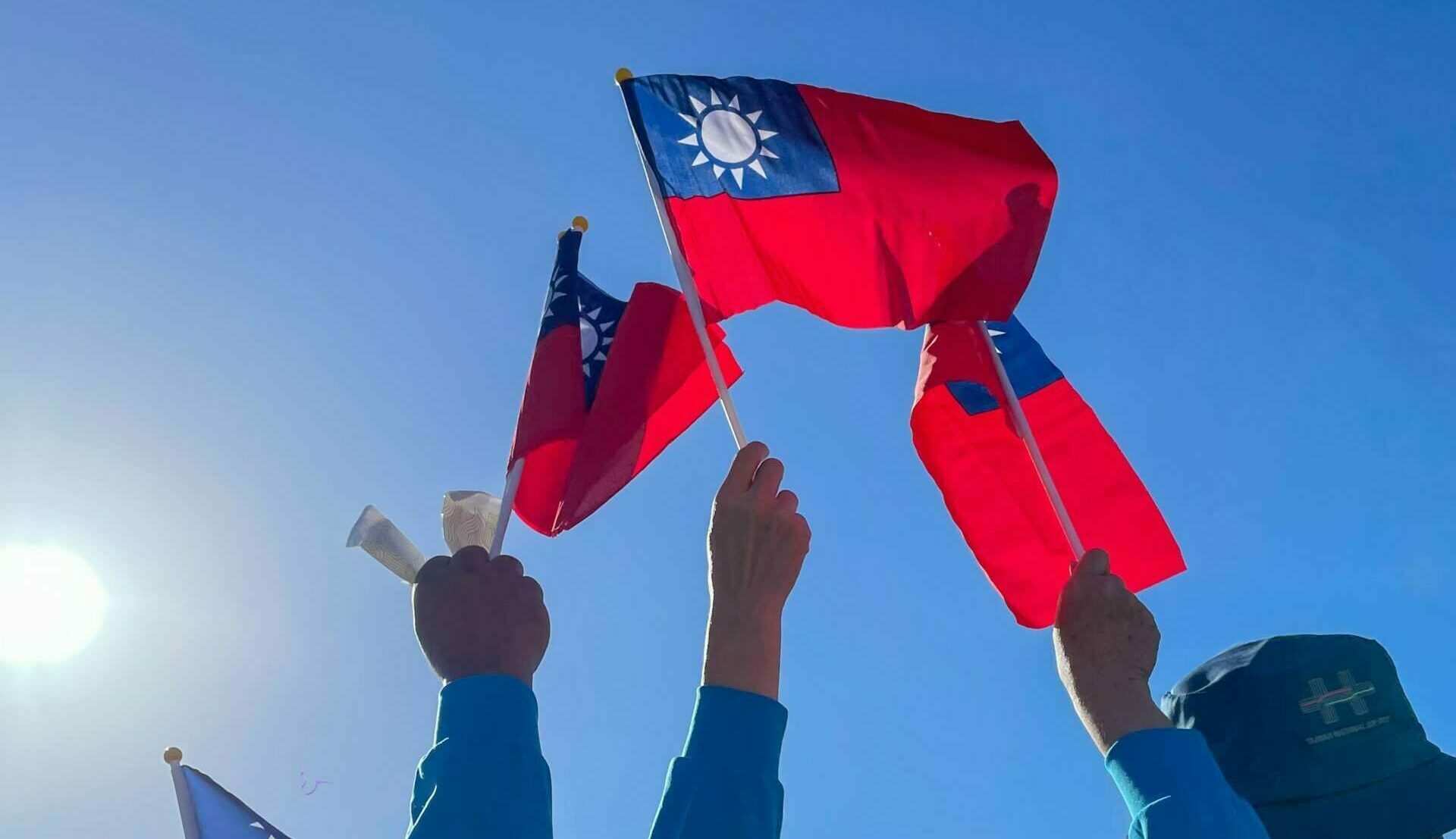
This article was originally published by Radio Free Asia and is reprinted with permission.
China vowed to take “strong measures” following the decision by the United States to approve more arms sales to Taiwan, urging the U.S. to stop “sending out a wrong signal” to the island, hours before Taiwan’s President Lai Ching-te made a transit through the state of Hawaii.
The U.S. State Department approved the potential sale, worth an estimated US$385m, of spare parts and support for F-16 jets and radars to Taiwan, hours before Lai began his trip to three Pacific nations, with stops in Hawaii and the U.S. territory of Guam.
“China urges the U.S. to immediately stop arming Taiwan and stop conniving at and supporting the ‘Taiwan independence forces’,” said China’s Ministry of Foreign Affairs in a statement on Sunday.
“It damages China-U.S. relations, endangers peace and stability in the Taiwan Strait … China will closely follow the developments and take resolute and strong measures to defend our nation’s sovereignty and territorial integrity.”
China regards Taiwan as a renegade province that should be reunited with the mainland, by force if necessary. The democratic island has been self-governing since it effectively separated from mainland China in 1949 after the Chinese civil war.
Despite their lack of formal diplomatic ties, the U.S. has long been a key supplier of arms to Taiwan and is bound by U.S. legislation, the 1979 Taiwan Relations Act, to provide the island with arms for its defense.
In a separate statement, the ministry said it “strongly condemned” the U.S. for “arranging” Lai’s stopover.
Lai arrived on Saturday in Hawaii to begin a two-day transit in the U.S. as part of a trip to the South Pacific, his first since assuming office.
“China firmly opposes any form of official contact between the United States and Taiwan, as well as any attempts by the leader of the Taiwanese authorities to visit the United States in any name or for any reason,” the Chinese ministry said, adding that it had “lodged serious protests with the U.S.”.
In response, Taiwan’s foreign ministry stressed that Lai’s transit was “legitimate” and “normal”.
“President Lai’s visits to diplomatic allies in the Pacific to strengthen diplomatic ties and his customary transit through the United States are all legitimate activities of the rights of a sovereign state,” the ministry said in a statement.
“If China reacts in any extreme way to a normal visit by the President it will be an inappropriate act by China that undermines regional peace and stability and will be condemned by the international community.”
Lai was given “red carpet treatment” on the tarmac when he arrived at Honolulu’s international airport, according to his office, which said it was the first time a Taiwanese president had been given such a welcome.
He was met by Hawaii Governor Josh Green as well as Ingrid Larson, managing director in Washington of the American Institute in Taiwan.
Lai visited the USS Arizona Memorial at Pearl Harbor and said the U.S. and Taiwan should “fight together to prevent war”.
“Peace is priceless, and war has no winners,” he said.
Lai also said he was “grateful” to the U.S. for its assistance in helping to ensure the success of the tour.
Lai is on a weeklong trip to visit the Marshall Islands, Tuvalu and Palau, which are among the 12 countries that recognize Taiwan’s claim to statehood.